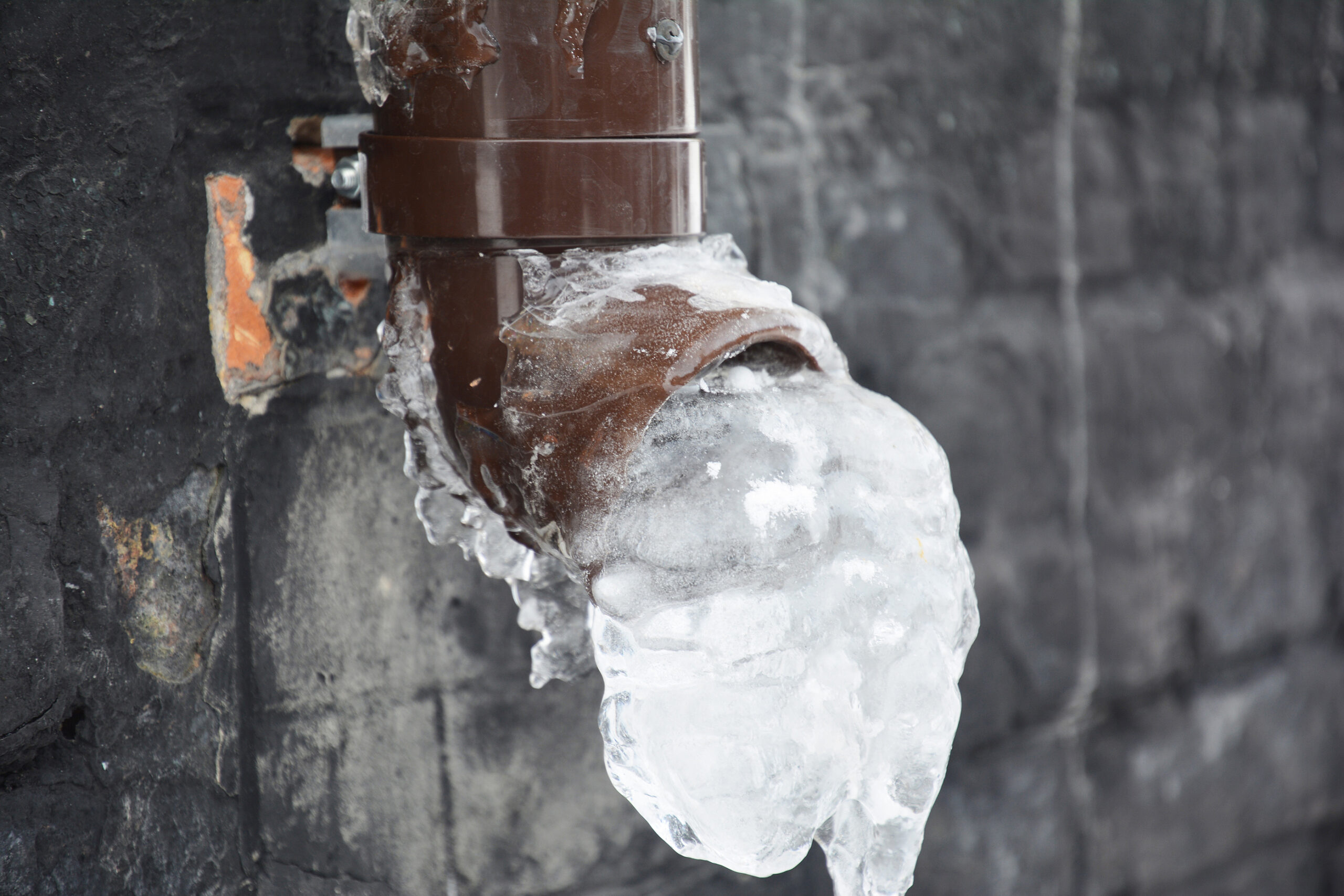Shielding Your Pipes from Freezing Issues: Key Approaches
Shielding Your Pipes from Freezing Issues: Key Approaches
Blog Article
Right here below you can get a bunch of worthwhile insights involving How To Avoid Freezing Pipes.

Winter can wreak havoc on your pipes, particularly by freezing pipes. Below's exactly how to prevent it from taking place and what to do if it does.
Introduction
As temperature levels drop, the danger of icy pipelines increases, potentially causing costly repair work and water damages. Comprehending just how to stop frozen pipelines is important for homeowners in cold climates.
Prevention Tips
Protecting at risk pipes
Wrap pipes in insulation sleeves or use warm tape to protect them from freezing temperature levels. Focus on pipes in unheated or external locations of the home.
Heating techniques
Keep indoor spaces appropriately heated up, specifically locations with plumbing. Open up closet doors to enable cozy air to distribute around pipelines under sinks.
Exactly how to identify icy pipes
Try to find decreased water flow from taps, unusual odors or sounds from pipes, and visible frost on revealed pipelines.
Long-Term Solutions
Architectural modifications
Think about rerouting pipelines away from outside walls or unheated locations. Include added insulation to attics, basements, and crawl spaces.
Upgrading insulation
Buy premium insulation for pipes, attics, and wall surfaces. Proper insulation helps maintain constant temperature levels and lowers the danger of icy pipelines.
Shielding Outdoor Plumbing
Garden hoses and outdoor taps
Separate and drain pipes garden tubes before winter. Set up frost-proof faucets or cover outdoor taps with shielded caps.
Comprehending Icy Pipes
What triggers pipelines to ice up?
Pipes ice up when revealed to temperatures listed below 32 ° F (0 ° C) for extended durations. As water inside the pipes ices up, it increases, putting pressure on the pipeline walls and potentially causing them to rupture.
Dangers and damages
Icy pipelines can result in water supply disturbances, property damage, and expensive repair services. Ruptured pipelines can flooding homes and cause extensive architectural damages.
Indications of Frozen Pipeline
Identifying frozen pipes early can stop them from breaking.
What to Do If Your Pipes Freeze
Immediate actions to take
If you believe icy pipes, maintain taps open to alleviate stress as the ice melts. Use a hairdryer or towels taken in hot water to thaw pipelines slowly.
Verdict
Stopping frozen pipelines requires positive measures and fast responses. By comprehending the reasons, indications, and safety nets, property owners can secure their pipes during cold weather.
Helpful Tips to Prevent Frozen Pipes this Winter
UNDERSTANDING THE BASICS: WHY PIPES FREEZE AND WHY IT’S A PROBLEM
Water freezing inside pipes is common during the winter months, but understanding why pipes freeze, and the potential problems it can cause is crucial in preventing such incidents. This section will delve into the basics of why pipes freeze and the associated problems that may arise.
THE SCIENCE BEHIND FROZEN PIPES
When water reaches freezing temperatures, it undergoes a physical transformation and solidifies into ice. This expansion of water as it freezes is the primary reason pipes can burst. As the water inside the pipe freezes, it expands, creating immense pressure on the walls. If the pressure becomes too great, the pipe can crack or rupture, leading to leaks and water damage.
FACTORS THAT CONTRIBUTE TO PIPE FREEZING
Low Temperatures: Extremely cold weather, especially below freezing, increases the risk of pipes freezing. Uninsulated or Poorly Insulated Pipes: Pipes located in unheated areas, such as basements, crawl spaces, or attics, are more prone to freezing. Insufficient insulation or lack of insulation altogether exacerbates the problem. Exterior Wall Exposure: Pipes running along exterior walls are susceptible to freezing as they encounter colder temperatures outside. Lack of Heating or Temperature Regulation: Inadequate heating or inconsistent temperature control in your home can contribute to frozen pipes. PROBLEMS CAUSED BY FROZEN PIPES
- Pipe Bursting: As mentioned earlier, the expansion of water as it freezes can cause pipes to burst, resulting in significant water damage.
- Water Damage: When pipes burst, it can lead to flooding and water damage to your property, including walls, ceilings, flooring, and personal belongings.
- Structural Damage: Prolonged exposure to water from burst pipes can compromise the structural integrity of your home, leading to costly repairs.
- Mold and Mildew Growth: Excess moisture from water damage can create a favorable environment for mold and mildew growth, posing health risks to occupants.
- Disrupted Water Supply: Frozen pipes can also result in a complete or partial loss of water supply until the issue is resolved.
WHY CERTAIN PIPES ARE MORE PRONE TO FREEZING
- Location: Pipes located in unheated or poorly insulated areas, such as basements, crawl spaces, attics, or exterior walls, are at higher risk of freezing.
- Exterior Pipes: Outdoor pipes, such as those used for irrigation or exposed plumbing, are particularly vulnerable to freezing as they are directly exposed to the elements.
- Supply Lines: Pipes that carry water from the main water supply into your home, including the main water line, are critical to protect as freezing in these lines can affect your entire plumbing system.
- Underground Pipes: Pipes buried underground, such as those connected to sprinkler systems or outdoor faucets, can be susceptible to freezing if not properly insulated.
https://busybusy.com/blog/helpful-tips-to-prevent-frozen-pipes-this-winter/

Do you enjoy reading about How To Avoid Freezing Pipes? Place feedback down below. We will be delighted to see your views about this review. Hoping that you come back again later on. Enjoyed our entry? Please quickly share it. Help others find it. Many thanks for going through it.
Here Report this page